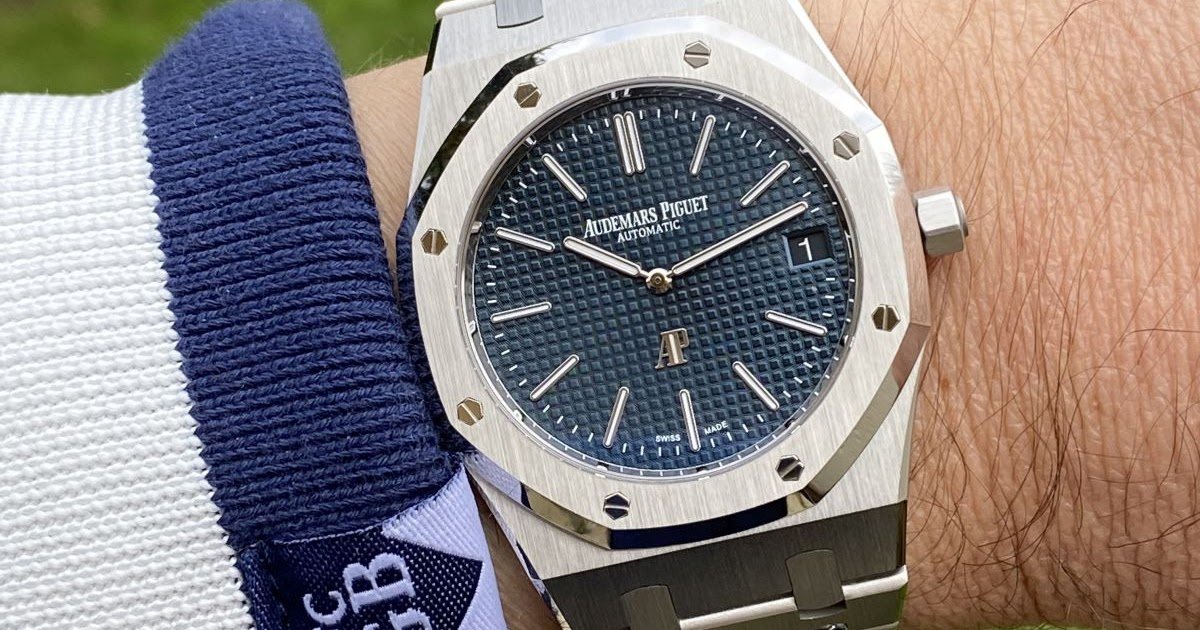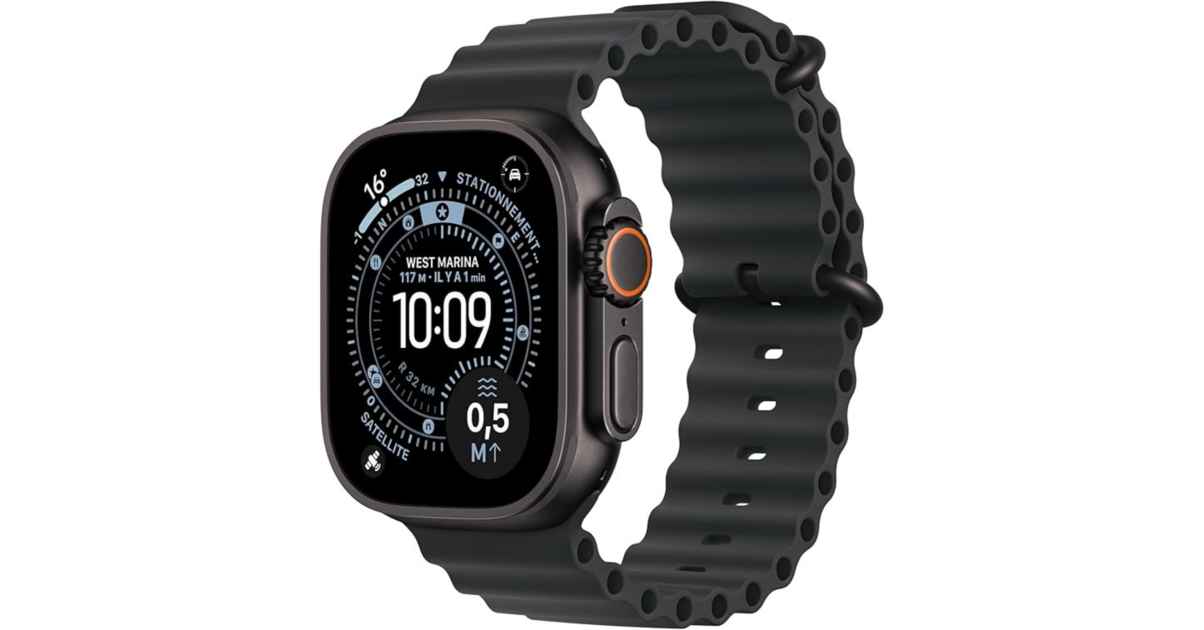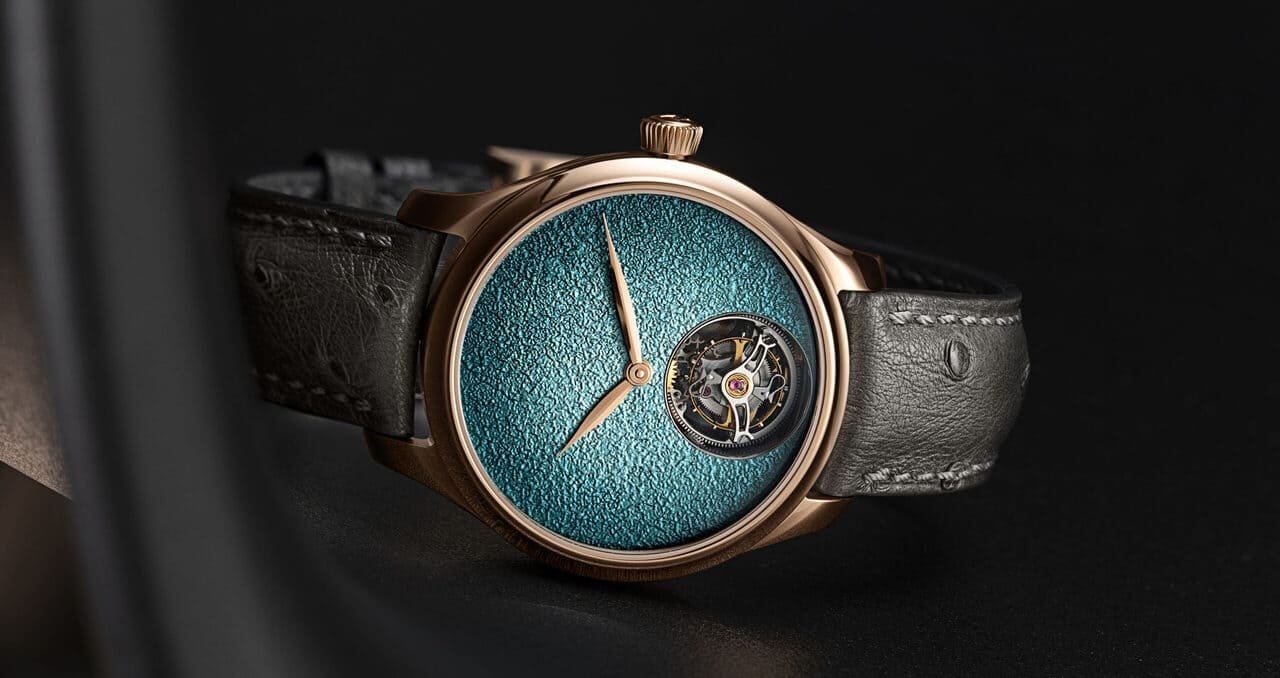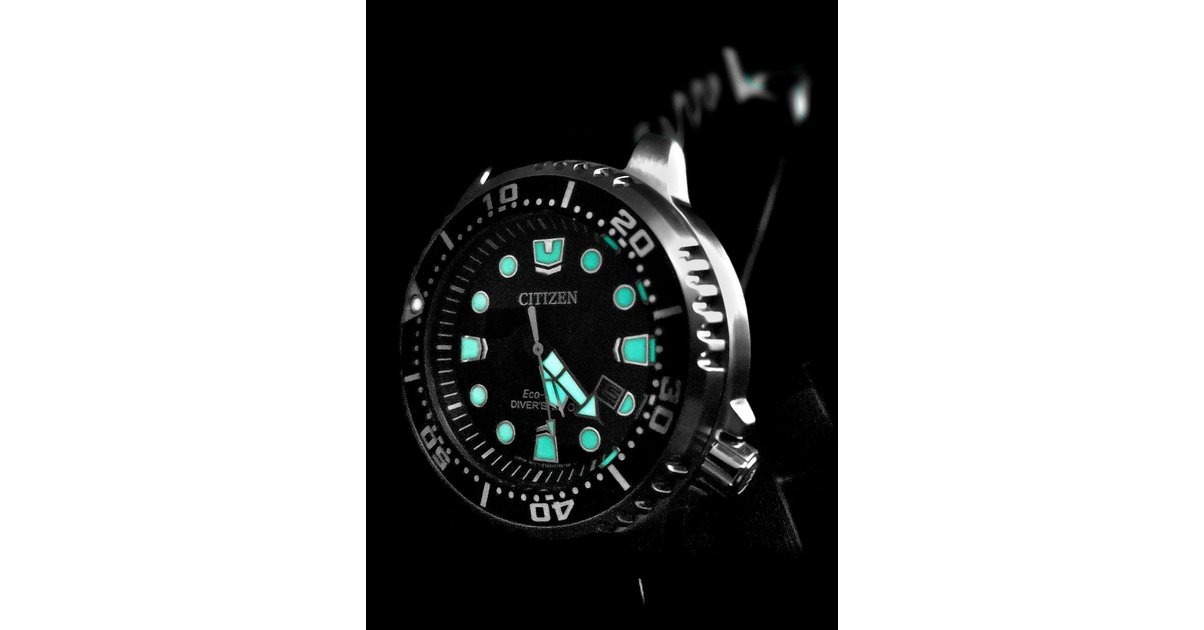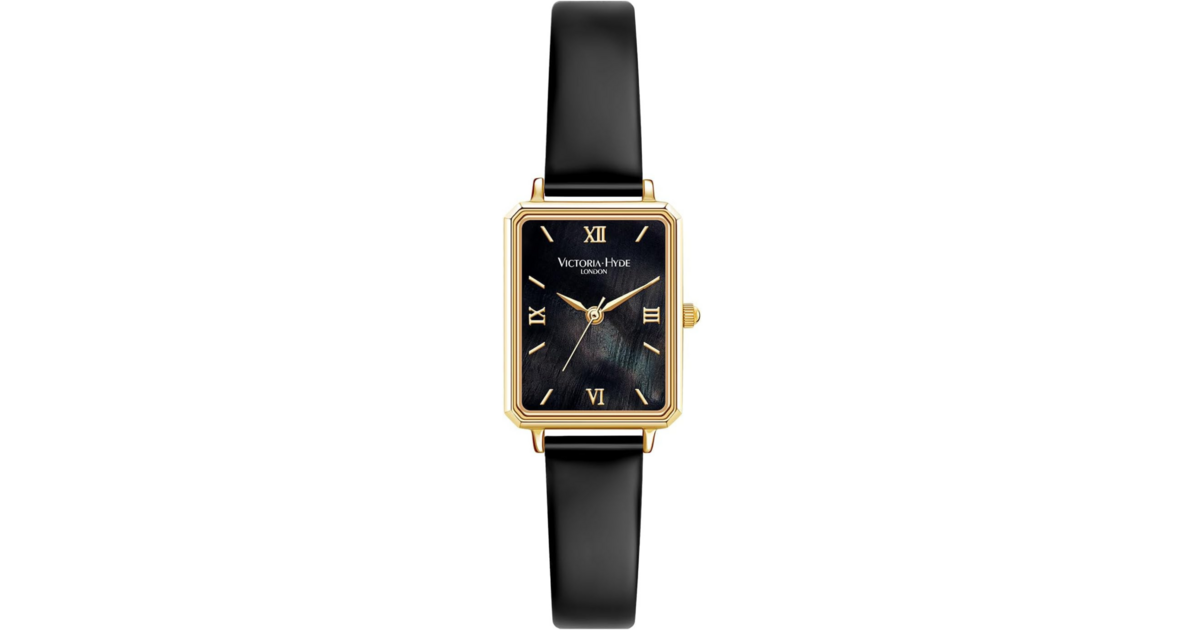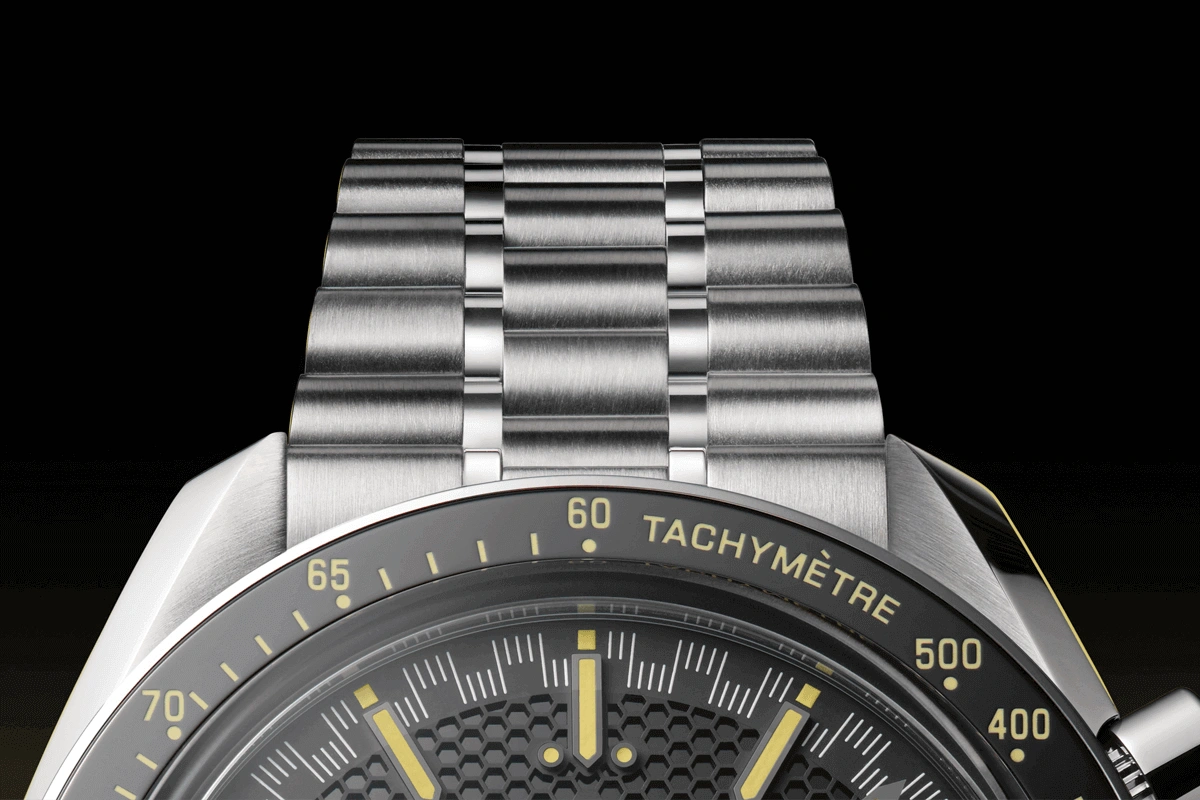A few days ago I received the following message:
You were among the first customers to benefit from our AP Coverage service, which protects your watch for two years from the date of purchase, against burglary or theft, as well as against functional damage. Thank you for placing your trust in us. We are committed to supporting our customers in their journey with their watch and we are pleased to be able to announce that this service is now well established.
With the end of the two years almost coming to an end, we remind you that the coverage service for your watch will end on December 31, 2024.
Please do not hesitate to contact us for any requests for additional information or assistance with your watch.
Kind regards,
The Audemars Piguet Team
This was no surprise because the rules of the AP Coverage service were clear from the start: this free service protecting eligible AP watches (new watches initially purchased in 2022, 2023 and 2024) only lasted two years. The question I had was whether it was going to be renewed and obviously, that is not the case. I have not seen at this stage any communication on the application of AP Coverage on watches purchased in 2025. We are therefore entering a run-off period where little by little, the number of watches protected against theft by break-in or robbery as well as against functional damage will decrease until it ends at the end of 2026.
The idea behind Audemars Piguet was excellent. In a degraded security context, AP Coverage brought a certain peace of mind to the purchaser of a new watch with the promise, in the event of theft not excluded, of obtaining either a refund or a replacement of the watch. The counterpart being of course, the transfer to Audemars Piguet of the property rights over the stolen watch.
Audemars Piguet understood when launching AP Coverage that the ability to provide innovative and relevant services to its customers was a differentiating factor compared to the competition. In addition, insecurity became a critical subject and could be considered as an obstacle to the purchase of new watches for many customers. By offering the service, Audemars Piguet was therefore doing a double blow by addressing these two issues.
However, even if Audemars Piguet explained that the service was not insurance (and therefore the customer did not pay a premium), its operation was nevertheless closely related to an insurance mechanism: in the event of a random event, the customer was able to receive either monetary compensation or a replacement for the stolen watch. The argument that service was distinct from insurance allowed Audemars Piguet to operate much more simply than an insurance company. I did not receive a contract, nor any special conditions, nor any general conditions. The service thus fell outside the insurance regulatory framework which is much stricter. And then, quite simply, Audemars Piguet was not an insurance company and it was the only name that was specified in the rare exchanges, forcing me to think that the manufacture had not relied on an insurance partner. I think that the fact that the service flirted with insurance coverage without being one made things complicated and favored the decision not to renew it (to my knowledge) in this form.
Perhaps Audemars Piguet will offer a cover in the future but this time in a more formal and standardized framework. In any case, I wanted to salute the initiative of Audemars Piguet which had launched AP Coverage in 2022 having understood the expectations and concerns of its customers. The environment has hardly changed and the fact that the insurance activity is the most profitable and dynamic pole of Hodinkee (which few people know) proves once again that the subject of insurance coverage for watches is become an important theme. This is undoubtedly a subject on which the sector must work in order to offer guarantees and compensation criteria adapted to customer needs.
